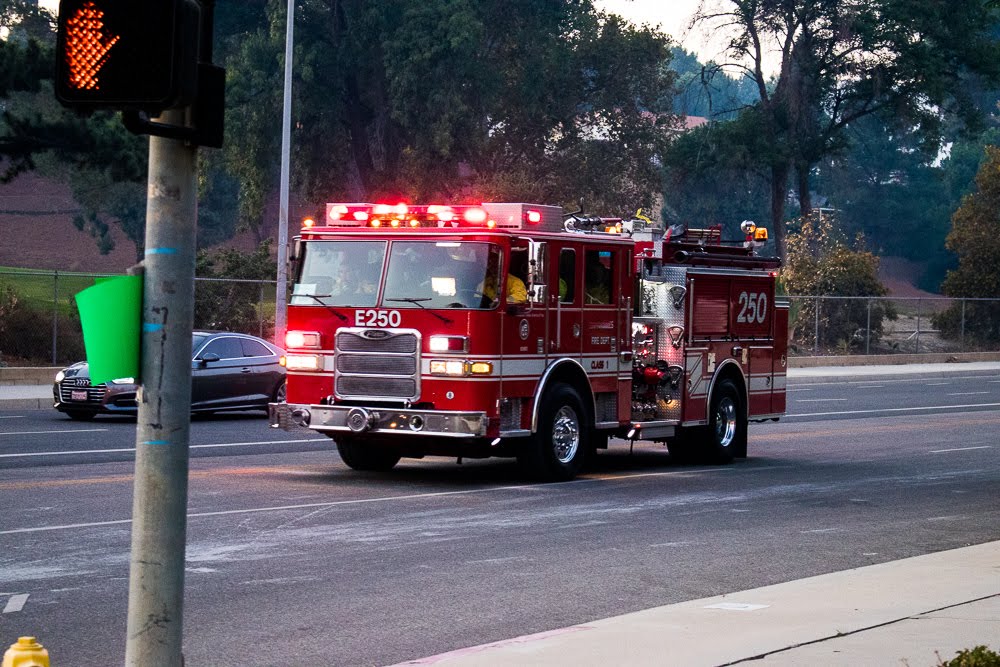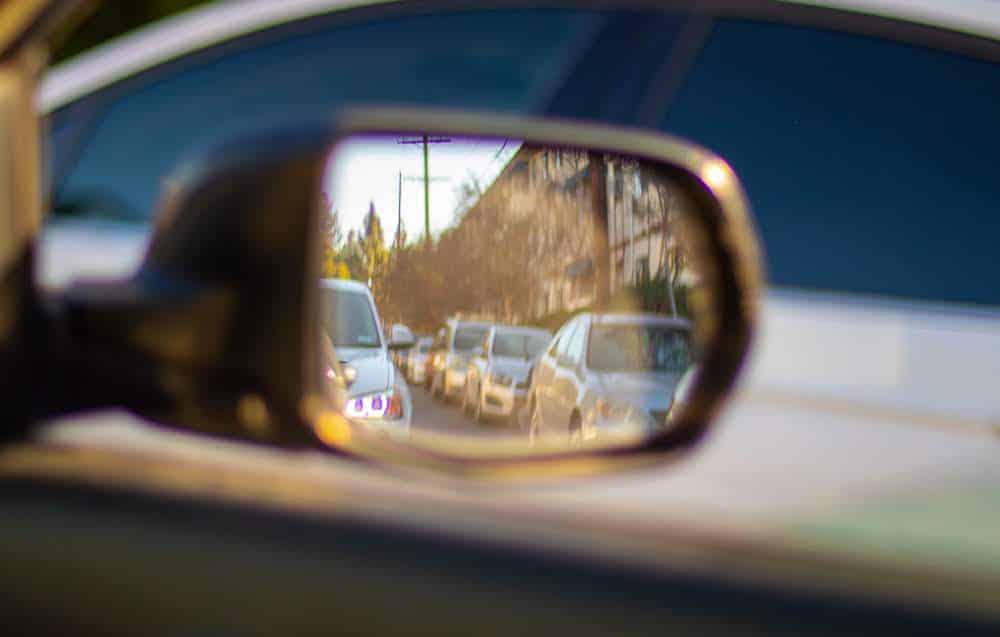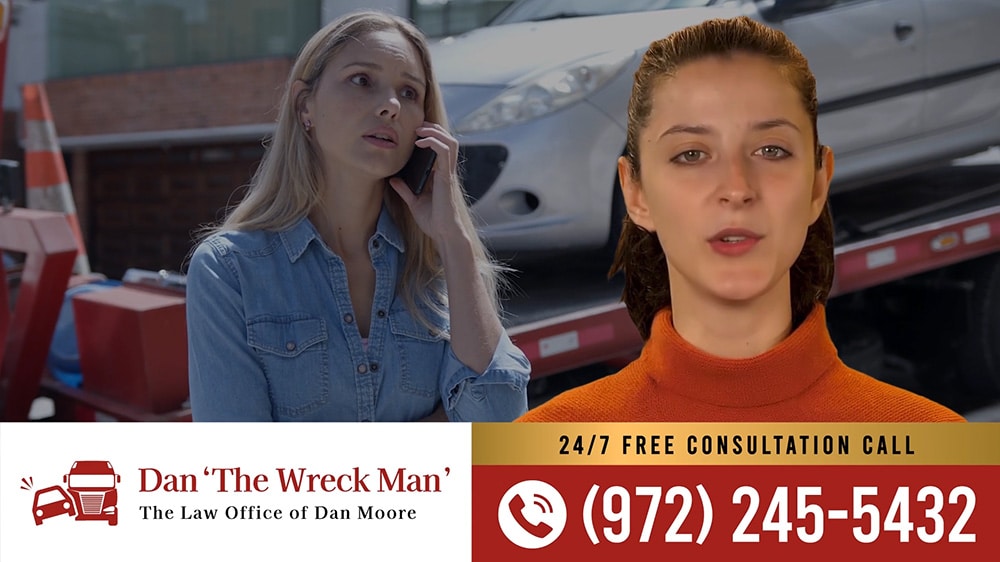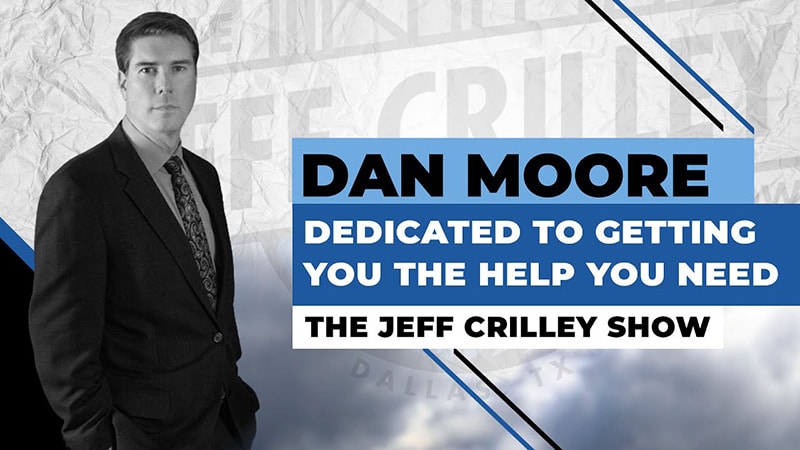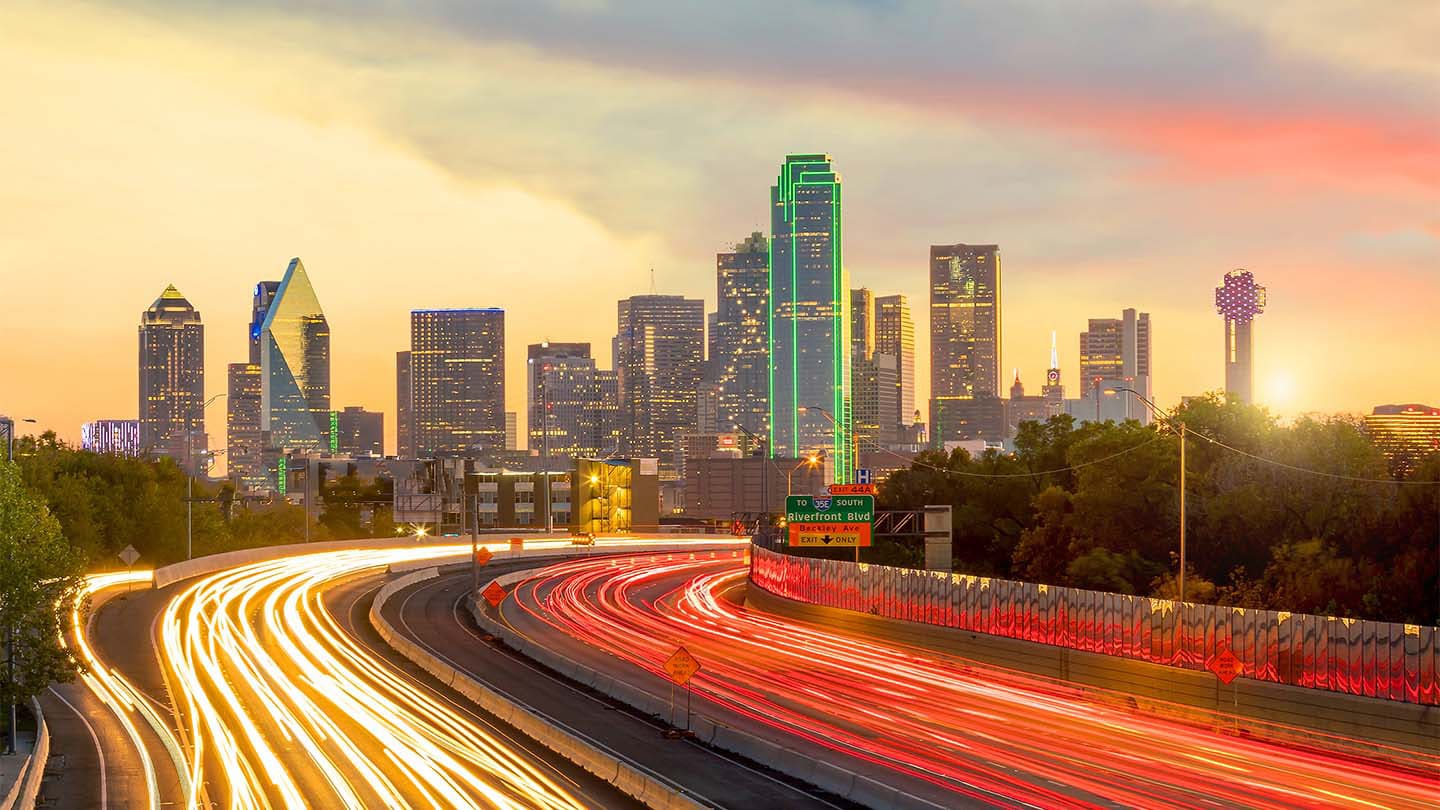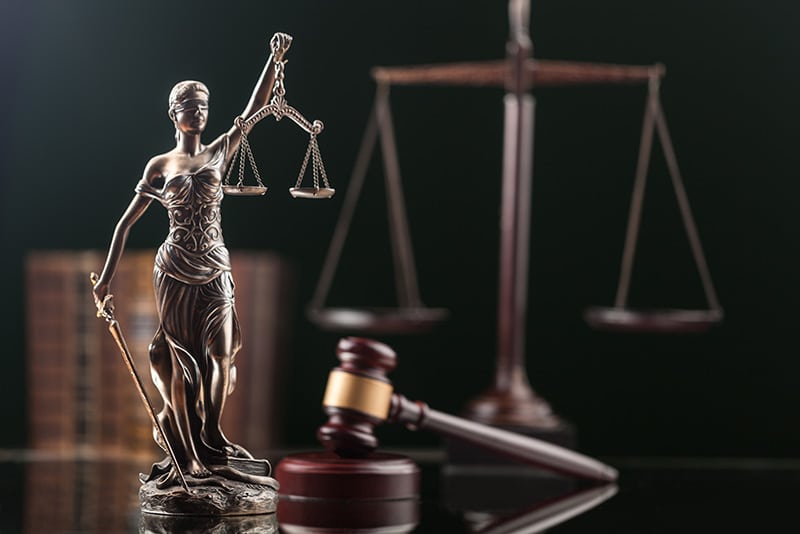As a passenger using rideshare services like Uber or Lyft, it’s important to understand your legal rights in the unfortunate event of an accident. When you’re involved in a collision while using a rideshare service, it can be a confusing and overwhelming experience. However, knowing your rights can help you navigate the legal process smoothly and ensure you receive the compensation you deserve.
In this article, we will explore the legal considerations specific to rideshare accidents in Texas and Oklahoma. We’ll discuss the responsibility of rideshare companies for the safety of their passengers, the insurance coverage available to rideshare drivers, and the steps you need to take if you’re involved in a rideshare accident. Understanding the legal framework surrounding these accidents is crucial for protecting your rights and receiving the necessary compensation for any injuries or damages you may have sustained.
By gaining a solid understanding of your rights as a passenger in a rideshare accident, you can make informed decisions and take appropriate action to protect your best interests. So, let’s dive into the legal aspects and ensure you have the knowledge you need to navigate this complex situation.
Lyft and Uber are essential transportation services in all the major cities of Texas and Oklahoma. Rideshare is a normal part of everyday life in most parts of both states. Options for catching an easily accessible, affordable ride are more numerous than ever. Rideshare drivers, however, are just as susceptible to accidents as the rest of drivers, if not more so. Rideshare drivers are more prone to distracted driving due to their constant use of the rideshare app. What happens if you are the passenger in a rideshare accident? What are your responsibilities, and next steps?
Common Causes of Rideshare Accidents
Just as with any other driver, rideshare drivers experience a few common causes of accidents.
- Drunk driving, whether on the part of your driver or another driver
- Weather-related incidents involving slippery roads or poor visibility
- Damaged or defective street signs or traffic signals
- Roadways in poor condition due to construction or wear
- Reckless driving such as turning too quickly, tailgating, or rushing through intersections, either on the part of your driver or someone else
- Road rage, whether your driver or another driver
- Speeding on the part of your driver or someone else
- Defective or malfunctioning vehicle
- Drowsy driving by your driver or someone else
- Distracted driving by your driver or someone else
Rideshare experts are particularly concerned about distracted driving due to unruly passengers as well as the very nature of ridesharing. Drivers must access their company’s platform such as the Uber app or Lyft app to accept requests and navigate to their passenger’s physical location. However, use of these rideshare app platforms should not occur while the vehicle is moving. Notify the rideshare company if you notice driver distracted driving due to the rideshare company app or any of the above behaviors.
What To Do Immediately After a Rideshare Accident
If an accident occurs while you are a passenger in an Uber, Lyft or other rideshare, follow the below steps to ensure your safety as well as potential compensation for your injuries due to the accident, especially if the rideshare driver was negligent.
- If the driver has not already done so, ask the driver to move the vehicle to the side of the road or away from the flow of traffic. This ensures that you and the driver will remain safe throughout the next steps.
- Call the local authorities. Even if the accident seems minor, a police report will document the events of the accident and establish that you were a passenger in a rideshare vehicle at that time. Stay at the scene of the accident until authorities release you.
- Obtain insurance information for all parties involved.
- Report the accident to the rideshare company. Most companies allow you to do so within the app in which you requested the ride. Often, the company will contact you for more information.
- Seek treatment for your injuries. Even if your injuries seem minor, it is important to have them documented as well as to screen for hidden injuries not apparent at the time of the crash. Retain all medical bills and doctor’s statements.
- File an insurance claim.

Who Is Liable for a rideshare passenger’s Injuries?
Depending on who is at fault for the accident, a number of insurance companies may be liable for your injuries. If a third-party driver with insurance caused your accident, that driver’s insurance company would compensate you for your injuries. However, if the third-party driver did not carry insurance the rideshare company’s uninsured motorist policy will likely provide coverage. Rideshare drivers are responsible for providing their own, state-minimum liability and PIP insurance, meant to cover passengers and other parties involved in accidents. Rideshare companies also maintain their own insurance, usually in effect while the rideshare driver has a passenger onboard. However, rideshare companies typically maintain that their drivers are not employees, merely contractors that use the platform. Most Texas and Oklahoma personal injury attorneys recommend filing a claim directly against the rideshare company first. Consult with an experienced Texas and Oklahoma rideshare accident attorney to determine your next steps. A personal injury attorney with experience in rideshare accidents will be well versed in making your claim and negotiations between the multiple insurance companies that will likely be involved in a rideshare accident.
Understanding the Legal Implications of Rideshare Accidents
Rideshare accidents can have various legal implications, and it’s essential to understand the key factors that come into play. One crucial aspect is determining who is liable for the accident. Is it the rideshare driver, the rideshare company, or another party involved? In Texas, the liability can be influenced by several factors, such as the driver’s status at the time of the accident and the insurance coverage in place.
When it comes to rideshare accidents, different rules apply depending on whether the driver was logged into the rideshare app or had a passenger in the vehicle. If the driver was not logged in or had no passenger, their personal auto insurance coverage typically applies. However, if the driver was logged in or had a passenger, the rideshare company’s insurance coverage may come into play.
It’s important to note that the insurance coverage provided by rideshare companies like Uber and Lyft can vary depending on the specific circumstances of the accident. Understanding these complexities and seeking legal guidance can significantly impact the outcome of your rideshare accident case.
Texas Laws and Regulations for Rideshare Accidents
Texas has specific laws and regulations in place to address rideshare accidents and ensure the safety of both drivers and passengers. One such regulation is the requirement for rideshare companies to carry liability insurance coverage. In Texas, rideshare companies must provide a minimum of $1 million in liability coverage for bodily injury and property damage.
Additionally, rideshare drivers in Texas must meet certain requirements, including having a valid driver’s license, passing a background check, and carrying the necessary insurance coverage. It’s essential for both riders and drivers to be aware of these regulations to ensure compliance and protection in the event of an accident.
Understanding the legal framework surrounding rideshare accidents in Texas is crucial when seeking compensation or filing a claim. By familiarizing yourself with the relevant laws and regulations, you can better navigate the legal process and protect your rights.

Oklahoma Laws and Regulations for Rideshare Accidents
Insurance requirements for rideshare companies
The difference between liability and insurance can before confusing in Oklahoma. The core thing injury victims should understand is that companies like Uber and Lyft are generally not liable for the actions of their drivers, because their drivers are considered contractors – not employees. Rideshare companies carry $1 million in coverage in case there is an accident where someone is injured.
The obligation of an insurance company to pay your personal injury or wrongful death damages depends on whether you were a paying passenger in the Uber or Lyft vehicle, or you were an occupant of another vehicle.
- Driver insurance for injured passengers. Like all Oklahoma City drivers, Uber and Lyft drivers are required to meet the state’s minimum liability insurance requirements. Drivers and car owners should have $25,000 in liability coverage for one accident victim and $50,000 for multiple victims. $25,000 in property damage is also required.
- Driver insurance for the occupants of other cars and to pedestrians. The insurance requirements for non-paying customers is the same for paying customers – $25,000/$50,000/$25,000.
- Rideshare companies. Lyft and Uber are required to have up to one-million dollars in coverage if their driver was negligent. The rideshare company is not required to pay more than one-million unless they were directly negligent. Direct negligence typically means letting a driver drive while the company knew the driver’s license was suspended or something of that nature.
- Uninsured/underinsurance coverage. Anyone who is injured by a rideshare driver has the right to request that their own insurance company pay any damages that aren’t covered by third-party liability coverage – up to their UM/UIM coverage limits.
What has led to the popularity of Uber and Lyft and other ridesharing services in Oklahoma City?
Lyft and Uber and other rideshare services have become attractive for several reasons:
- The competition with existing taxi and other ride services means lower prices.
- They provide an opportunity for almost anyone who owns a vehicle to earn extra cash.
- Passengers can arrange for rides through smartphone applications.
- The wait times for getting a ride is greatly reduced.
- The passenger can choose the type of car they like.
Emergency assistance for Uber and Lyft passengers
You may have heard about some of the unnerving stories about Uber or Lyft passengers who faced emergency situations while riding in a rideshare vehicle. To solve that problem and give passengers an added sense of safety, Uber has installed a safety icon at the button righthand corner of the app. A passenger can tap that button to call 911, which will send their location and trip details to the dispatcher. This feature is available now in a few test cities, but the goal is to make it available everywhere as soon as possible.
In the Lyft app, if you experience an emergency such as an accident, or if you feel your personal safety is in danger, Lyft recommends that you dial 911 or your local non-emergency number. They do have a critical response team that is available 24 hours a day, seven days a week from a “call me.” button in the app.
The legal requirements Oklahoma rideshare companies and drivers must obey
Both drivers and rideshare companies are obligated to protect their customers.
- Drivers who injure their paying customers. If a driver fails to follow the traffic laws, fails to slow down during bad weather, or fails to drive defensively, they should be held accountable for their negligence.
- Rideshare companies’ duty to paying customers. Uber and Lyft are generally not liable for the actions of their drivers because their drivers are not employees. Uber and Lyft must take steps to ensure that the public is protected. Rideshare companies must:
- Conduct background checks on their drivers. This includes confirming that the driver has a valid license and that the driver has a safe driving record.
- Update the background checks. If a rideshare company receives information that a driver has a DMV violation or has been in an accident, the rideshare business must reevaluate whether their driver should be allowed to continue taking passengers
- Discharge drivers who have been found guilty of drunk driving. Drunk driving is a leading case of highway fatalities.
- Driver duties to other drivers, passengers in other cars, and pedestrians. Rideshare drivers, like every other driver, are responsible if they injure or kill anyone in other vehicles or pedestrians while driving.
- Rideshare company’s obligations to occupants of other cars and to bystanders. Generally, the rideshare company is not liable to non-passengers unless they own the vehicle involved in the accident or if they failed to act when they knew their driver shouldn’t have been allowed to drive.
Types of Accidents Involving Uber and Lyft
Rideshare accidents can occur in various circumstances, and it’s important to recognize the different types of accidents that can happen with Uber and Lyft. These accidents can involve other vehicles, pedestrians, or even cyclists.
One common type of rideshare accident is a collision between two vehicles. This can occur due to factors such as distracted driving, reckless behavior, or failure to yield. Another type of accident involves pedestrians or cyclists being struck by a rideshare vehicle. These accidents can result in severe injuries and even fatalities.
It’s also essential to consider the potential for accidents caused by rideshare drivers themselves. This can include cases of driver negligence, such as speeding, running red lights, or driving under the influence. Understanding the various types of accidents that can occur with Uber and Lyft can help you assess your situation and determine the appropriate steps to take.

Dealing with Insurance Companies in Rideshare Accident Claims
When it comes to filing a claim for a rideshare accident, dealing with insurance companies can be a complex process. Insurance companies often prioritize their own interests and may attempt to minimize or deny your claim. To navigate this process successfully, it’s advisable to seek legal representation from an experienced rideshare accident attorney.
An attorney specializing in rideshare accident cases can assist you in communicating with the insurance companies, ensuring that your rights are protected, and maximizing your chances of receiving fair compensation. They can also help you understand the terms of your insurance policy and negotiate on your behalf.
Remember, insurance companies have teams of adjusters and lawyers working for them, so having a knowledgeable advocate on your side can level the playing field and increase your chances of a favorable outcome.
Common Challenges in Rideshare Accident Cases
Rideshare accident cases can present unique challenges compared to traditional car accident cases. One common challenge is determining liability, especially in cases where multiple parties may share responsibility for the accident. This can involve assessing the actions of the rideshare driver, other drivers involved, and even the rideshare company itself.
Additionally, rideshare companies may attempt to distance themselves from liability by arguing that their drivers are independent contractors rather than employees. This distinction can impact the potential compensation available to accident victims. Overcoming these challenges often requires the expertise of an attorney well-versed in rideshare accident cases.
Another challenge in rideshare accident cases is gathering evidence and proving the extent of damages. Insurance companies may dispute the severity of injuries or the impact on the victim’s quality of life. Having strong evidence, such as medical records, expert opinions, and testimonies from witnesses, can help strengthen your case and support your claim for compensation.
Hiring a Rideshare Accident Attorney
Given the complexities and challenges involved in rideshare accident cases, hiring a rideshare accident attorney is highly recommended. An experienced attorney can guide you through the legal process, handle the necessary paperwork and negotiations, and provide expert advice tailored to your specific situation.
When selecting an attorney, it’s important to choose someone with a proven track record in rideshare accident cases and a deep understanding of the laws and regulations surrounding these accidents in Texas. A skilled attorney will fight for your rights, ensure you receive fair compensation, and alleviate the stress and burden of navigating the legal system on your own.
Compensation in Rideshare Accident Cases
If you are involved in a rideshare accident and suffer injuries or property damage, you may be entitled to compensation. The potential compensation available can vary depending on the extent of your injuries, the impact on your quality of life, and other factors.
Compensation in rideshare accident cases may include medical expenses, lost wages, pain and suffering, emotional distress, and property damage. To determine the appropriate amount of compensation, factors such as the severity of injuries, the long-term impact on your life, and any negligence involved will be considered.
Working with a rideshare accident attorney can help ensure that you receive fair and just compensation for your injuries and losses. They will assess the details of your case, gather evidence, and build a strong argument to support your claim.
Importance of Knowing Your Rights in a Rideshare Passenger Accident
Being involved in a rideshare accident can be a traumatic experience, but knowing your rights and understanding the legal process can make a significant difference in the outcome of your case. By familiarizing yourself with the laws and regulations surrounding rideshare accidents in Texas, you can protect your rights, seek proper compensation, and hold responsible parties accountable.
Remember to seek medical attention immediately after an accident, gather evidence, report the accident to the rideshare company, and consult with a rideshare accident attorney as soon as possible. With the right knowledge and legal representation, you can navigate the complexities of rideshare accident cases and ensure your well-being and financial recovery.
Don’t let the confusion and stress of a rideshare accident leave you stranded. Arm yourself with knowledge, take the necessary steps, and advocate for your rights. Your safety and well-being are paramount, and you deserve fair compensation for your injuries and losses.


